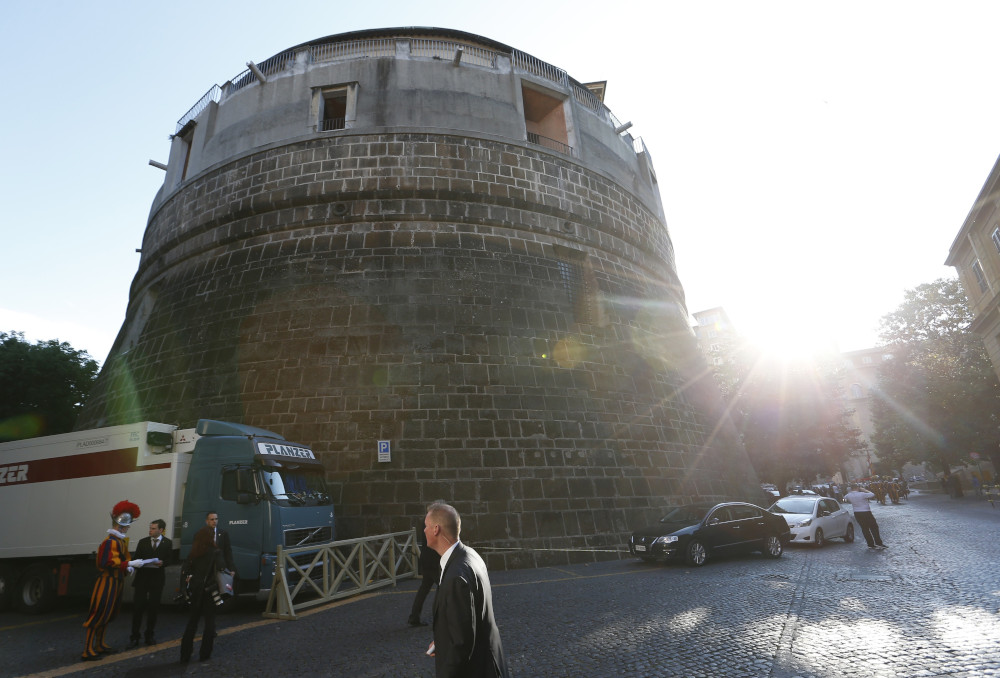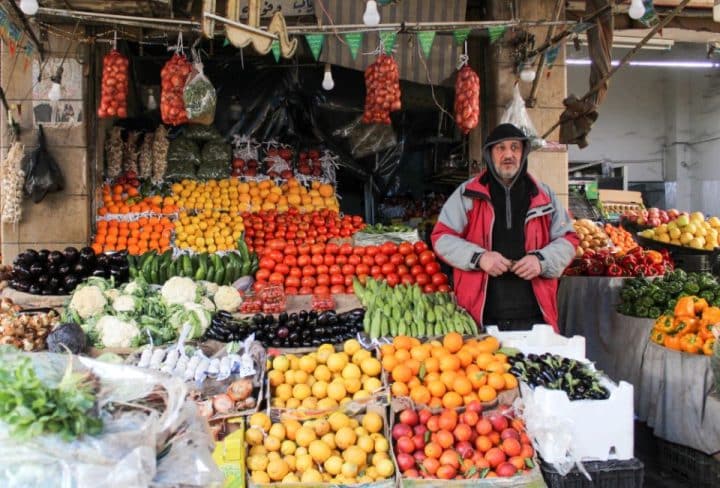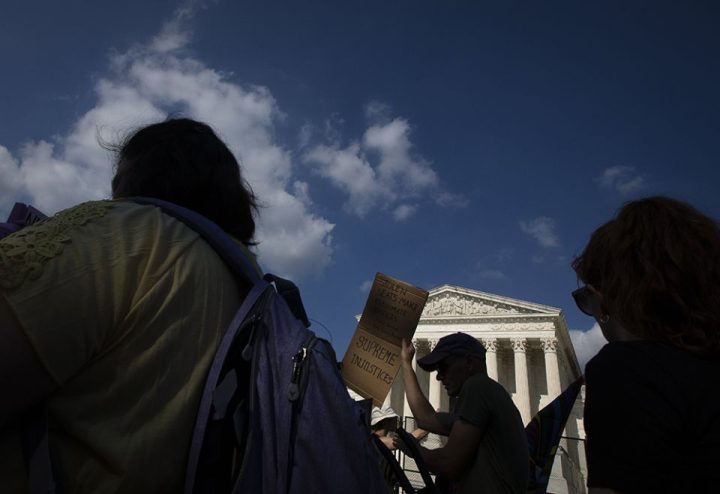
The Institute for the Works of Religion, often referred to as the Vatican bank, made a net profit of 29.6 million euros (about $31.6 million) in 2022, a 63% increase from the profit reported in the previous year (18.1 million euros), according to its annual report.
In the report, which was released by the Vatican June 6, Jean-Baptiste de Franssu, president of the bank’s board of supervisors, said among the important achievements the past year was the recovery of 17.2 million euros ($18.4 million) « which had been stolen from the institute before 2014 » and returned « after a lengthy legal process. »
« Further successes are expected in 2023 in the fight against past abuses, » he added.
While the report did not specify what funds it had recovered, a former president of the Vatican bank and his lawyer had been found guilty by a Vatican tribunal in 2021 of money laundering and embezzling millions of euros from the sale of Vatican-owned buildings.
Angelo Caloia, who served as president of the Institute for the Works of Religion from 1999 to 2009, his lawyer, Gabriele Liuzzo, and Lamberto Liuzzo, Gabriele’s son, were all sentenced and fined for their involvement in skimming profits from the sale of Vatican properties. They were ordered to return to the Vatican bank a total of about 17 million euros frozen in their Vatican bank accounts at the beginning of the investigation.
De Franssu said, « The appropriate culture and level of competence, which had lacked so often in the past, were introduced and developed » at the bank. « Ethics has now become a constant focus, be it in the way assets are managed or the institute is run. »
The bank held assets worth 5.2 billion euros ($5.5 billion) at year’s end, which included deposits and investments from more than 12,700 clients — mostly Catholic religious orders around the world, Vatican offices and employees, and Catholic clergy.
Throughout 2022, the Vatican bank « continued to expand its banking and investment services, further develop its IT platforms, hire experienced professionals in managerial roles, promote generational turnover, as well as introduce a transparent and structured remuneration and incentive system, » the institute said in a June 6 statement.
« The growth in net profit was achieved thanks to the positive contribution of interest margin and commission margin, as well as to cost control and investments that were aimed at improving customer services and digitalization, » the institute said. When it comes to asset management, it is « highly committed to the principles consistent with the Catholic faith » and other high standards.
The IOR, which is the Italian acronym for the Institute for the Works of Religion, said it also provided a total of 1.139 million euros ($1.22 million) to various charitable causes in 2022.
The institute provides direct aid to individuals, families and small communities in need, ranging from paying rent and electric bills to providing financial support for people with disabilities, Msgr. Battista Ricca, the institute’s prelate, said in the report. « The existence of the IOR gives meaning to this: words have never ‘fed’ anyone, » he said.
The institute relies on SGIR, a real estate company governed by Italian law, to manage its portfolio of real estate properties in Italy which the institute received over the years as donations or « legacies » left to it by institutions and individuals, Gian Franco Mammì, the institute’s director general, said in the report.
The company provided rent with subsidized leases to Catholic associations and institutions with limited budgets, and it loaned property for free use to organizations offering hospitality to vulnerable people, such as migrants, refugees, single mothers and disadvantaged families needing accommodations to assist ill relatives receiving care in Rome, he added.
The institute’s board of superintendence proposed that a dividend of 5.2 million euros ($5.5 million) be distributed to « the religious works of Pope Francis, » the charitable activities of the Commission of Cardinals and the charitable activities coordinated by the prelate, Ricca.
Before the report’s release, the 2022 financial statements were audited by the firm Mazars and were reviewed by the Commission of Cardinals overseeing the institute’s work, the report said.



